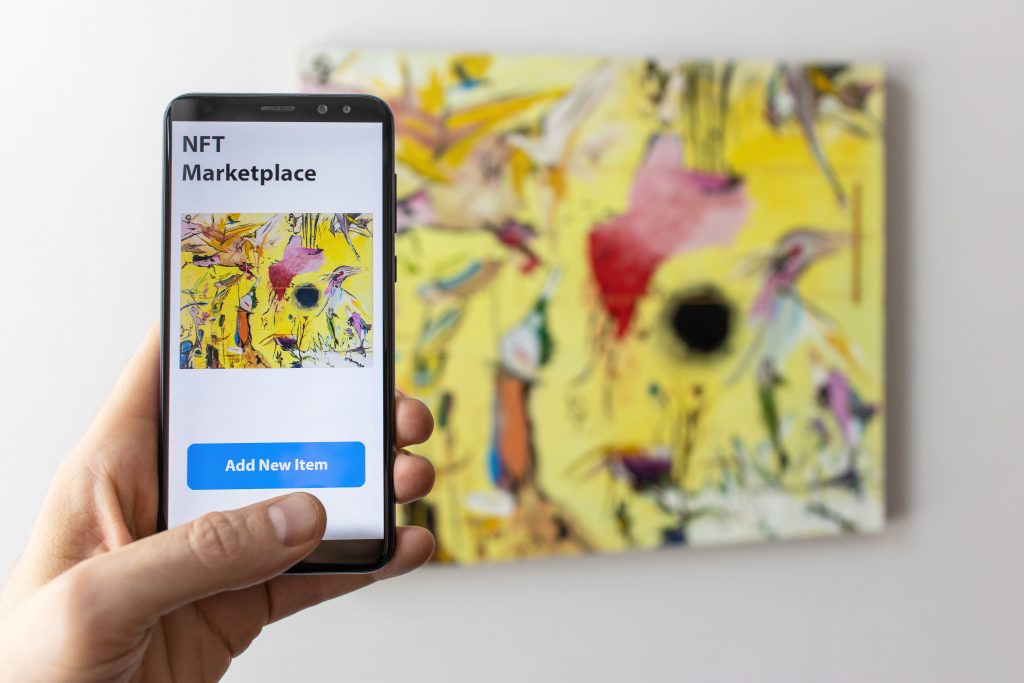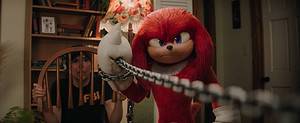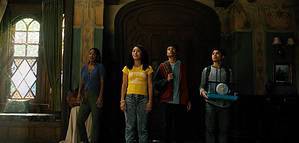NFT ticketing has the potential to transform the ticketing industry for the better, but the concepts of blockchains and NFTs are still in the early stages of development and can become politicized. Ticketing with NFTs allows event organizers to keep track of tickets after they’ve been sold. Scalping, uncontrolled price gouging, and fraudulent transactions are all reduced or eliminated by keeping a shared database of all transactions involving each ticket. Ticket scalping and unregulated secondary markets are common problems at music and sporting events, so NFT ticketing benefits them greatly. For businesses in the events and ticketing industries, NFTs can be produced quickly and at a low cost. visit at: https://cashforextrade.org/
NFT ticketing
Event organizers can mint the expected number of NFT tickets on the blockchain platform of their choice. They can code the NFTs to set a sale price or run the deal as a auction where individuals can begin a bid for tickets. Clients then, at that point, buy NFT tickets and keep them in their wallets that can be assessed from their cell phones. When they visit the event, they produce their NFTs. Ticket proprietors can likewise exchange their tickets on the NFT commercial center. The ticket is put away in a smart contract. When a purchaser purchases the ticket, the smart contract triggers, and the installment is forwarded to the vender consequently.
NFT-powered security
SeatlabNFT poses as the future of ticketing, the blockchain-powered dApp build on “Near” promises full control of the secondary market. It empowers event organizers to create and mint NFT tickets in seconds and set their royalty fees for all secondary sales. It also allows for fans to be rewarded with airdrops and collectible NFT memories. By using blockchain technology and NFTs, SeatlabNFT ushers in a new era of event ticketing.
SeatlabNFT has fostered a non-fungible token (NFT)- based event ticket system that permits craftsmen and occasion coordinators to recover control of the auxiliary ticketing market and forestall duplicating. Ticket guarantors can mint NFT tickets while keeping up with unforseen control over discernibility, ensuing exchanges, and resales by using blockchain innovation and smart contracts. NFT ticket guarantors can incorporate conditions and royalty splits in their tickets. This would raise income for craftsmen and event organizers on the grounds that at whatever point a ticket is exchanged on the auxiliary market, a decent level of the resale value is consequently moved to a particular wallet (or numerous wallets assuming royalties are shared between various parties).
SeatlabNFT has its own native token, SEAT, which is designed to boost the usability of the dApp. Buyers can pay a lesser fee when purchasing NFT tickets with the SEAT utility token, and it can also be staked to earn rewards from platform fees collected from buyers. SEAT tokens are intended to reimburse stakers for half of all platform fees. Holders are rated based on the number of SEAT they have purchased, with higher tiers offering more desirable benefits such as VIP access, free tickets, and meet-and-greets. Instead of the SEAT staking rewards, this can be claimed.
SeatlabNFT’s team has over ten years of collective event industry expertise, and they run a popular ticketing platform called Seatedly. They want to use SeatlabNFT to fully utilize blockchain technology while also evolving the ticketing industry. The concepts they’ve implemented are only the beginning of the team’s ascent to greater heights. The knowledge they have in the events business, according to Ryan Kenny, CEO of SeatlabNFT, will provide them an advantage because they are well aware of the challenges it faces, which is exactly what SeatlabNFT intends to tackle.
NFT ticketing is also being pursued by other NFT startups. Dapper Labs teamed up with the National Football League (NFL) to create NFT tickets for Super Bowl fans. To commemorate the game day, the NFT featured the fans’ unique section, row, and seat. The NFT market is rapidly expanding, and there is plenty of room for innovation and utility creation for NFTs. Gaming is currently one of the most popular applications for NFTs, but as new applications emerge, this is expected to change soon. Arts patronage will look very different in the future as a result of NFTs. Fans would have a direct line of communication with their favorite artist or creator.
Caroline is doing her graduation in IT from the University of South California but keens to work as a freelance blogger. She loves to write on the latest information about IoT, technology, and business. She has innovative ideas and shares her experience with her readers.







